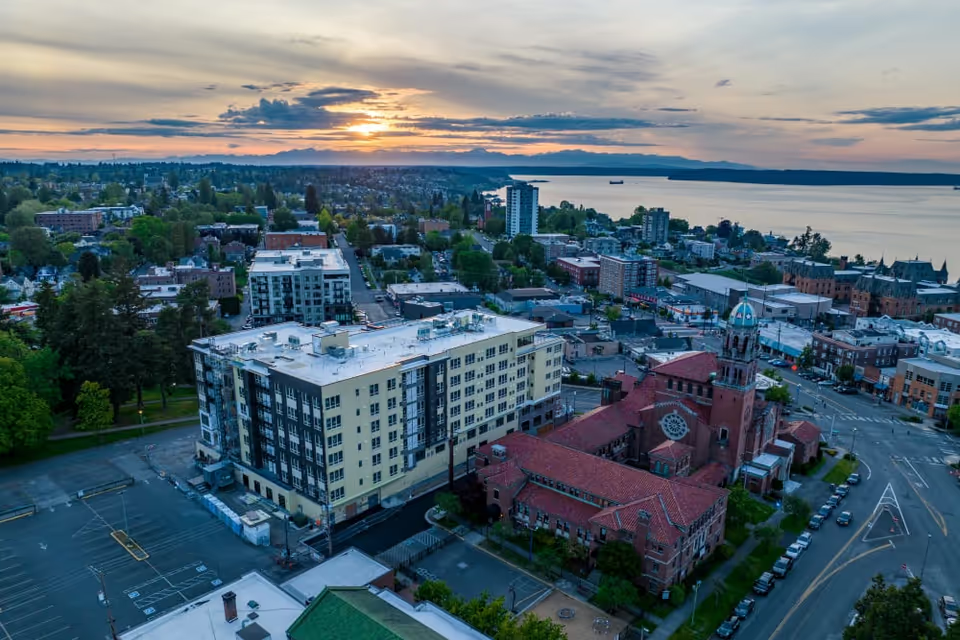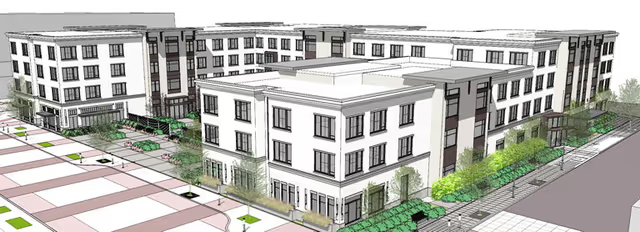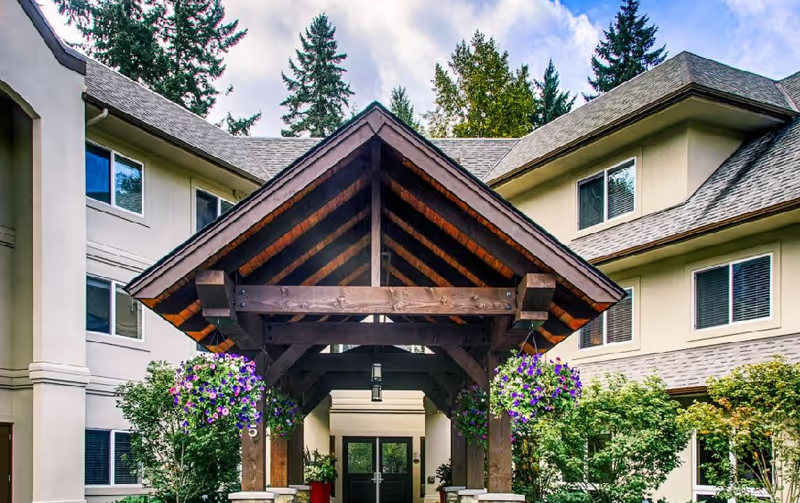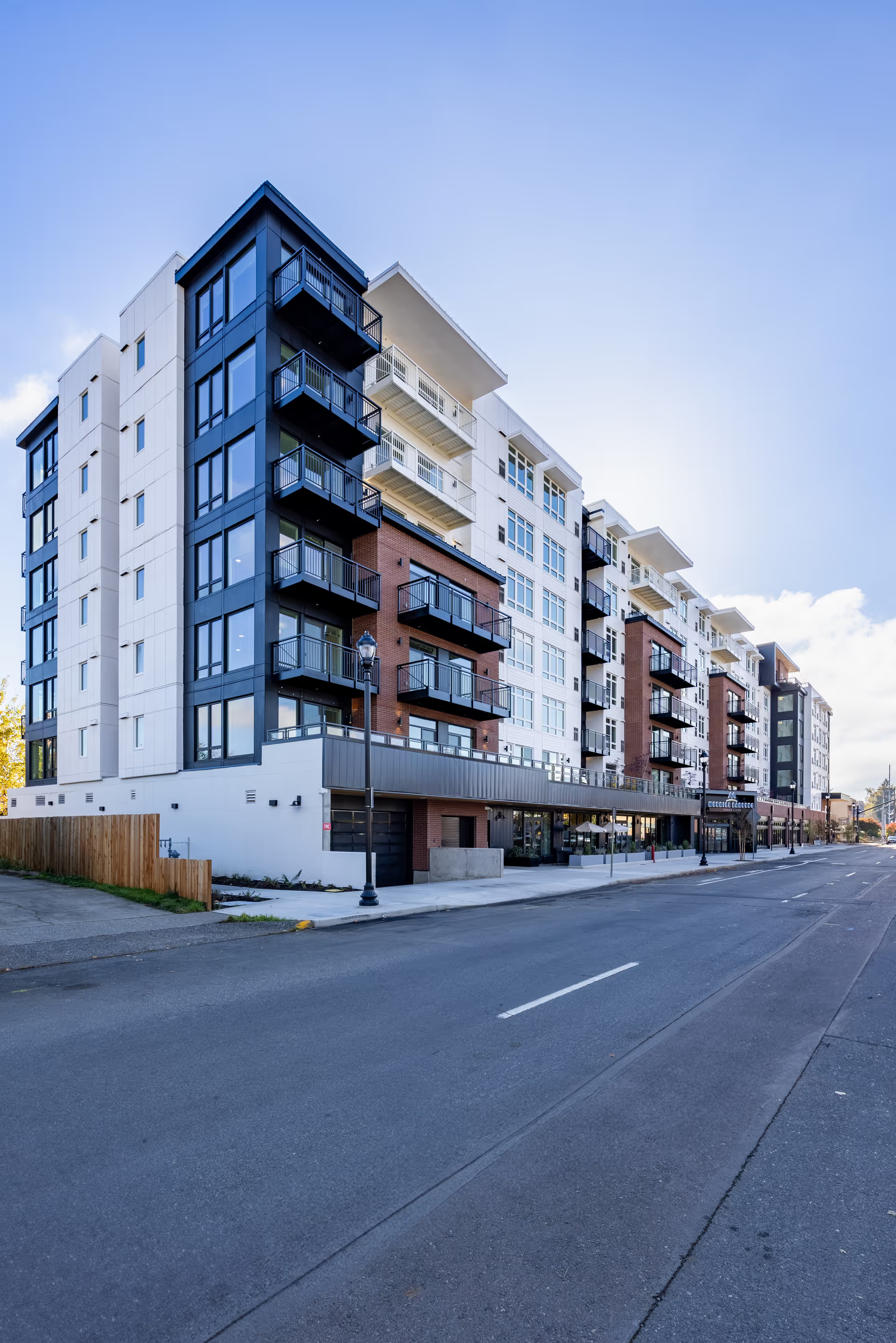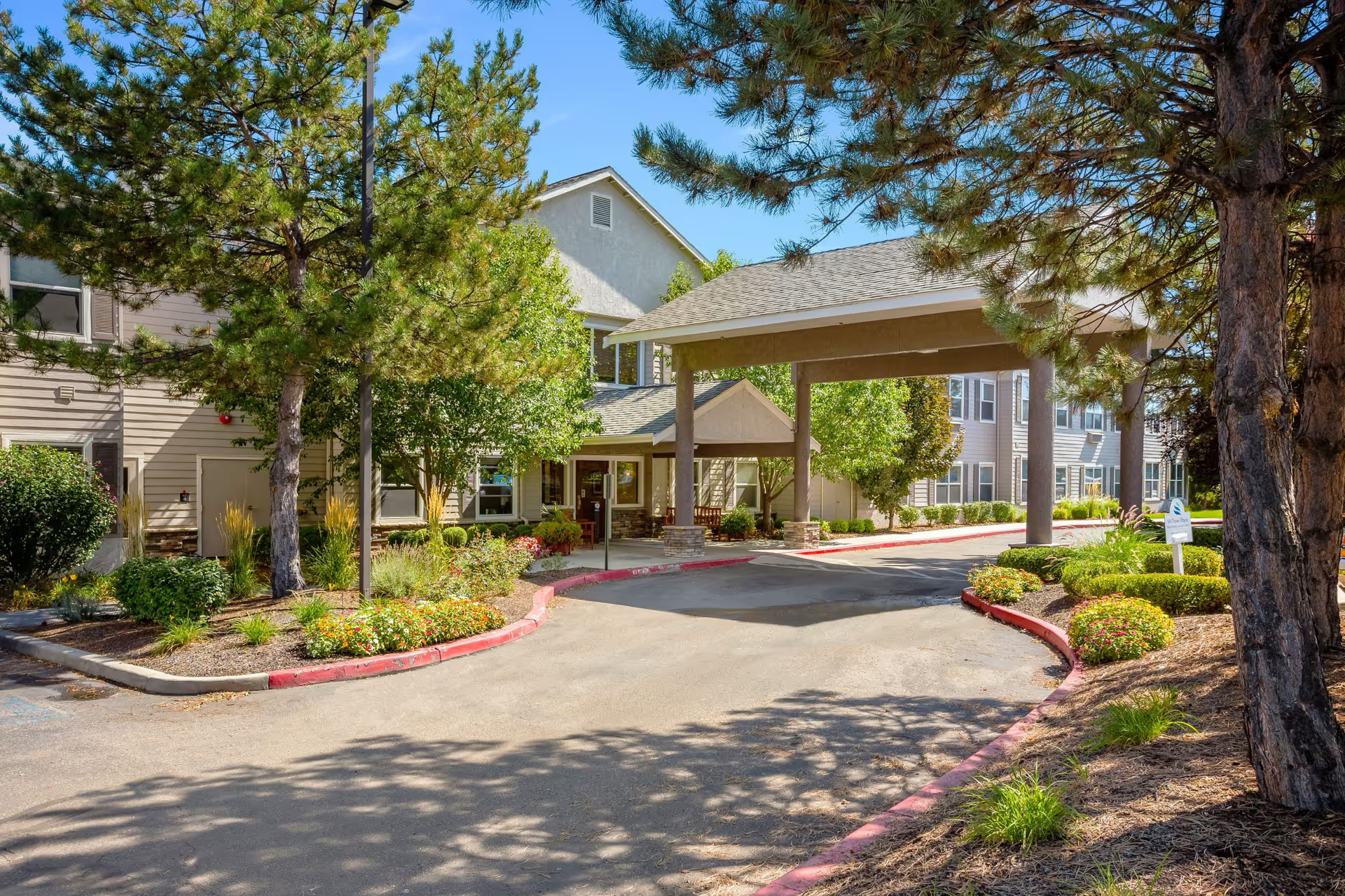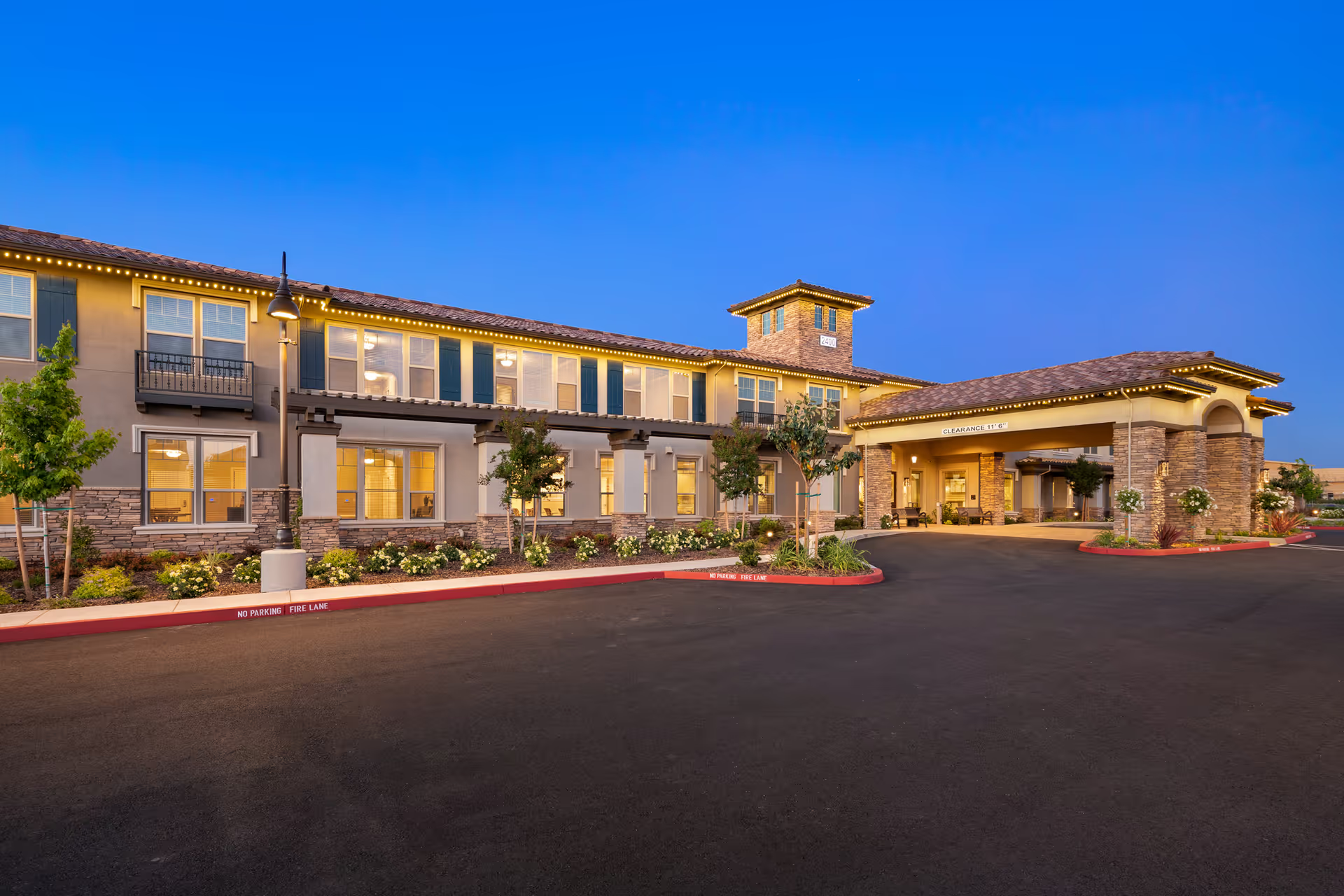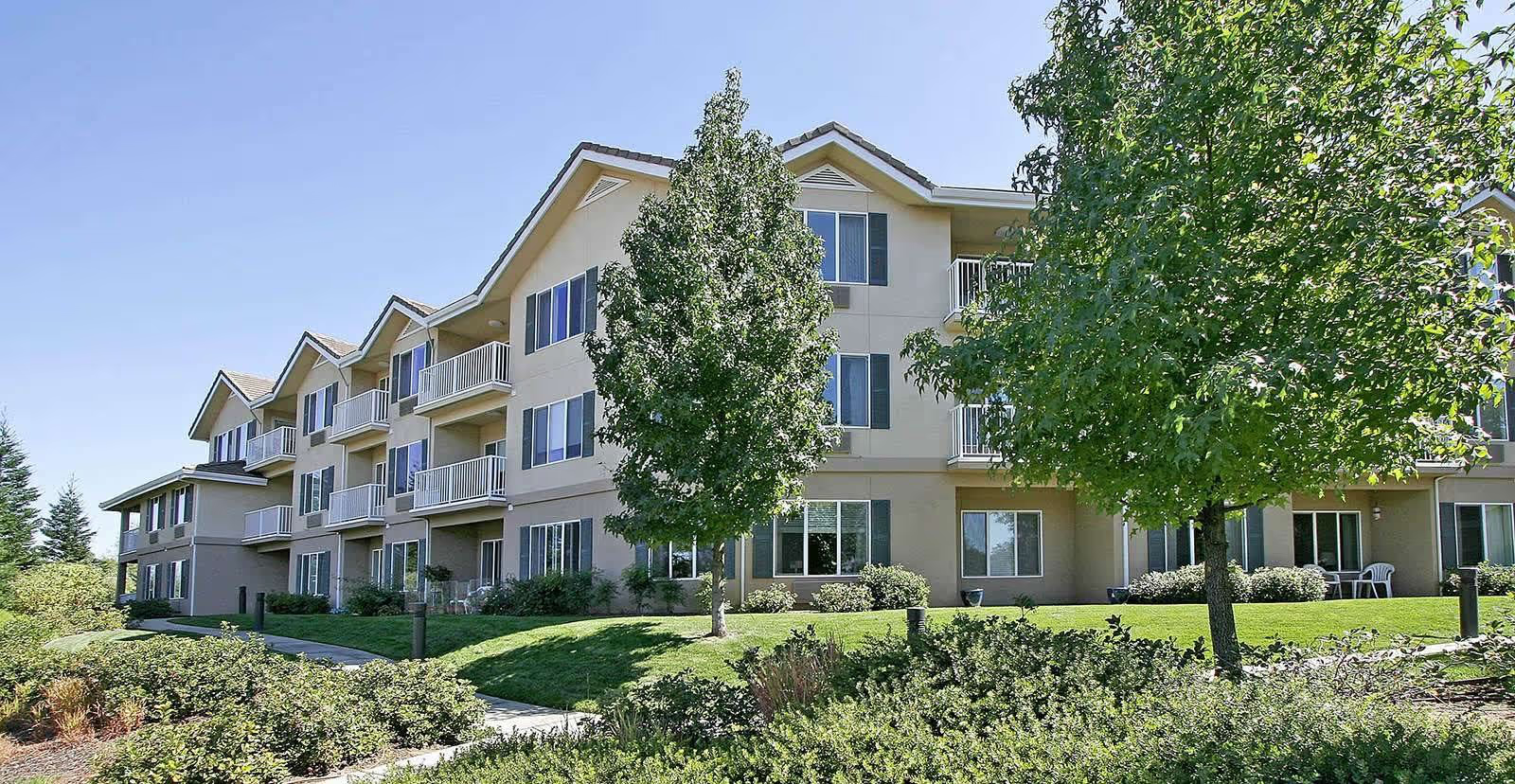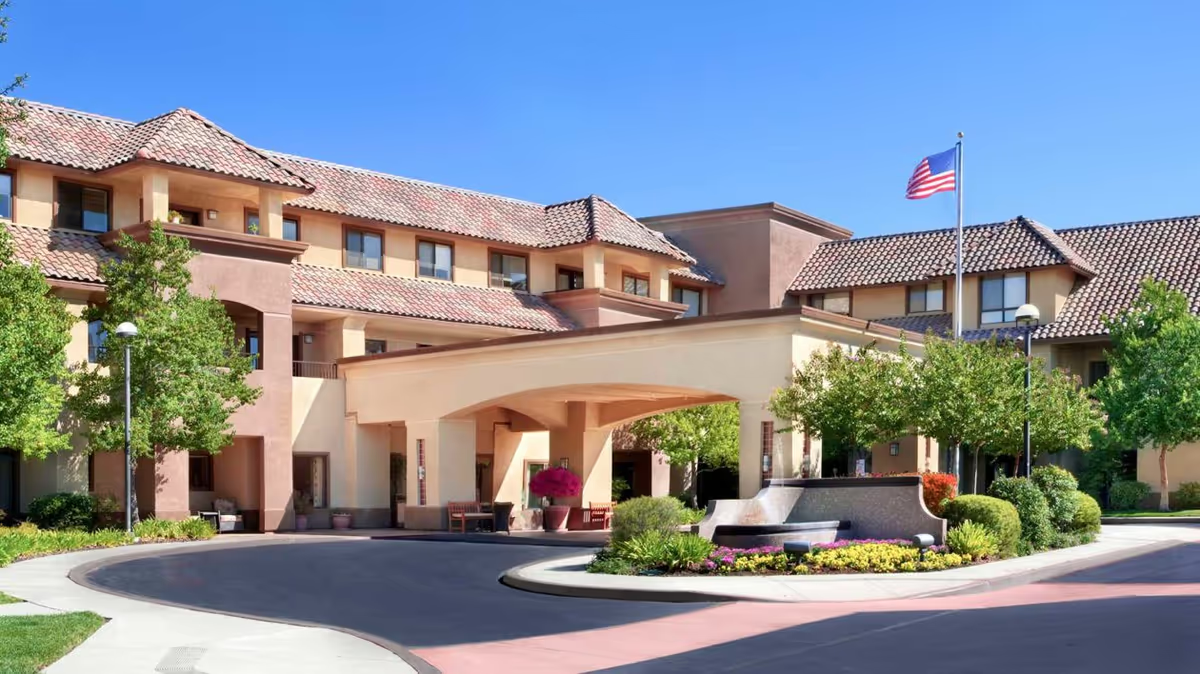Overall sentiment: Reviews of The Lodge at Mallard's Landing present a strongly mixed but predominantly positive picture of the community experience, tempered by consistent, serious concerns about clinical care, staff training, and management stability. A very large proportion of reviewers praise the facility's physical environment, dining program, activities, transportation, and the warm day-to-day interactions with many frontline staff. At the same time, multiple independent reviews raise red flags about medication management, staffing shortages and turnover, bullying and workplace culture, and intermittent lapses in basic safety and communication that materially impact resident wellbeing.
Staff and care quality: The most common praise across reviews is for compassionate, attentive caregivers who know residents by name, respond quickly to needs, and create personal connections — many families say staff treat residents like family and that move-ins were smooth because of active admissions support. Nursing and front-line aides are often singled out for kindness and dedication. Conversely, there are numerous, recurring reports of serious clinical shortcomings: medication errors (including double-passing, missed medications, expired medications, and at least one reported insulin overdose requiring hospitalization), med techs unfamiliar with recognizing hypoglycemia/seizures/heart events, dehydration incidents, and oxygen-management problems. Some reviewers describe nursing staff as cold or unresponsive while others commend nursing — this variability suggests inconsistency in clinical competency and oversight, possibly tied to staffing shortages and turnover.
Memory care: Experiences in memory care are notably mixed. Several families describe exceptional memory-care staff and seamless transitions for residents with dementia — citing compassionate, qualified caregivers and excellent end-of-life support. However, other reviews state that staff lacked training or willingness to manage dementia-related behaviors, and that memory care was understaffed or inadequate. This split indicates that the community may have pockets of high-performing units or shifts, but also has periods or areas where dementia expertise is insufficient.
Facilities, dining, and activities: The facility itself receives very high marks. Reviewers repeatedly describe attractive, well-kept grounds; lodge-like architecture; and hotel-quality public spaces. Dining is one of the clearest strengths: reviewers praise fresh, flavorful meals, house-made soups, attentive dining room staff who remember preferences, and frequent special meals. The activities program is diverse and active — arts events, outings, exercise classes, social events, and community programs (including notable art shows and receptions) are frequently mentioned. Amenities such as salon services, exercise rooms, movie and game rooms, and reliable transportation are also valued.
Operations, management, and culture: Several reviewers applaud open, helpful marketing and admissions leaders, a supportive Executive Director (in some accounts), and staff who go above and beyond for families. At the same time, there are persistent accounts of management instability, leadership changes, and negative management behaviors. Complaints include slow response from leadership, leaders who do not return calls, threats or shaming of residents/families, and a reported unhealthy workplace culture with bullying and intimidation. These operational problems appear tied to staff turnover and lapses in service continuity. Some families note that service declined after management shake-ups and price increases.
Safety, security, and communication issues: Multiple reviews recount serious safety and security concerns: thefts, a break-in, police involvement, and instances where residents or families felt unsafe or violated. Communication breakdowns are also noted — non-functioning walkie-talkies, calls not being returned, and poor coordination of facility space and fees. Housekeeping and maintenance are usually praised for responsiveness, but there are repeated instances where laundry was left in rooms for days, garbage was not removed after changes, or repairs were slow following building damage. Parking constraints (narrow stalls, limited visitor parking) and cottage-specific concerns (size, proximity to highway, lack of walkability) are practical deterrents for some families.
Costs and transparency: Cost is a recurring concern: many reviewers describe the community as expensive or having high-tier pricing. There are also comments about insufficient transparency around posted fees and room-reservation or billing communication problems. Some families felt financial factors influenced placement decisions and reported stress around price increases or service reductions despite higher prices.
Patterns and recommendations: The overall pattern is one of a community with clear strengths in hospitality, environment, food, and activities, and with many staff members who are compassionate and proactive. However, there are systemic issues that cannot be overlooked: clinical and medication safety gaps, staffing shortages and turnover, leadership inconsistency, security incidents, and occasional lapses in housekeeping and communication. These issues are serious because they directly affect resident safety and quality of care.
For prospective residents and families: it is advisable to tour the community and meet both caregiving and nursing leadership, ask specifically about medication management protocols, staff training and turnover rates, clinical oversight by RNs and physicians, emergency response procedures, and dementia-care certification and staffing ratios. Request documentation or clarification about incident reporting (theft, medication errors), security measures (cameras, access control), and how management addresses workplace culture and bullying allegations. Clarify pricing, fee posting, and the process for handling repairs and housekeeping complaints. Finally, if memory care is a need, seek specific references and ask for a plan demonstrating staff competency and consistent coverage in that unit.
Conclusion: The Lodge at Mallard's Landing offers many of the comforts and lifestyle amenities families seek — excellent dining, a robust activities schedule, attractive facilities, and many deeply caring staff members. Yet repeated, credible concerns about medication safety, nursing competence, staffing stability, workplace culture, and security create risk that should be carefully evaluated. The community may be an excellent fit when the strengths align with a family's priorities and when leadership can demonstrate resolved clinical/process issues; however, families with high medical needs or advanced dementia should conduct thorough due diligence before committing.
